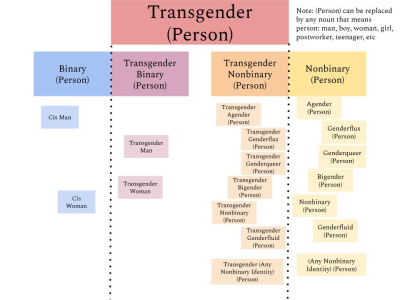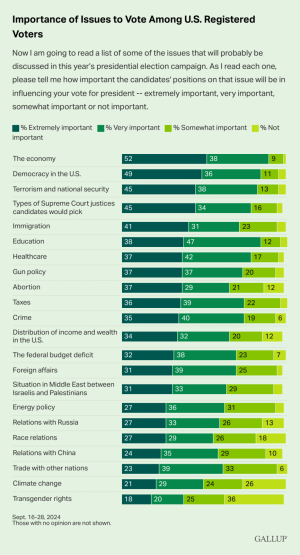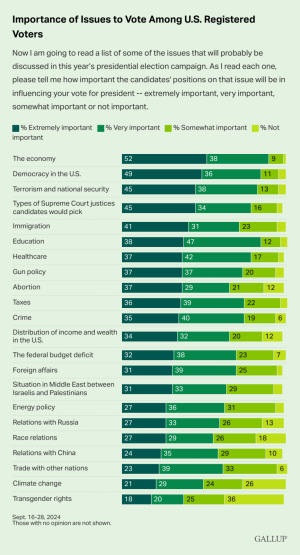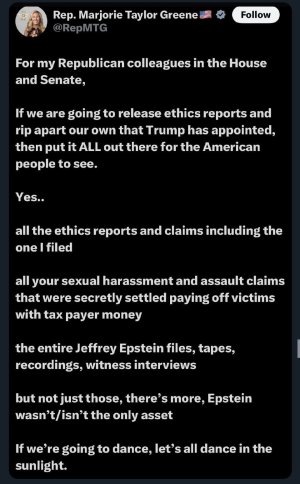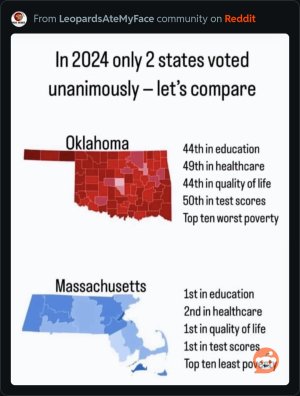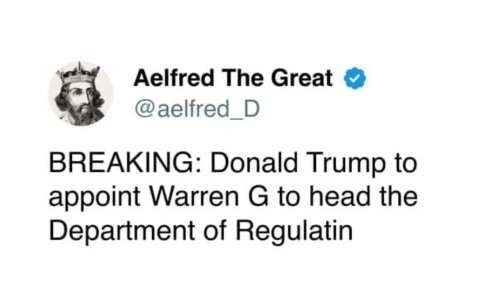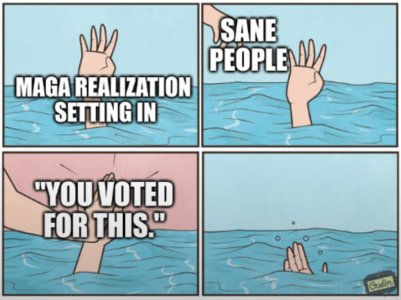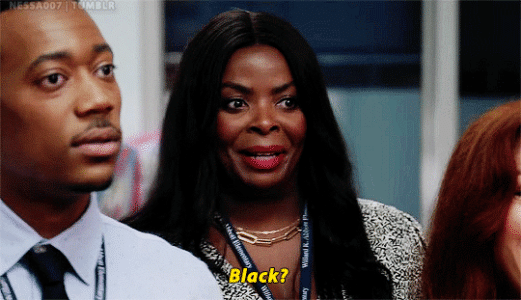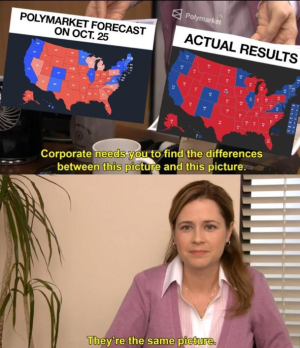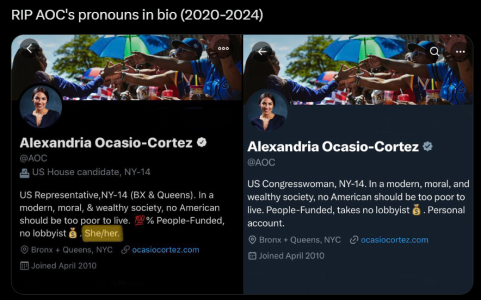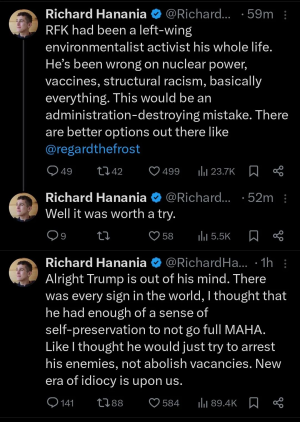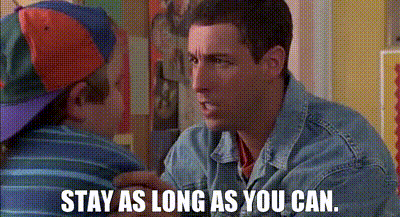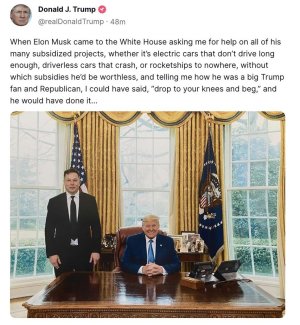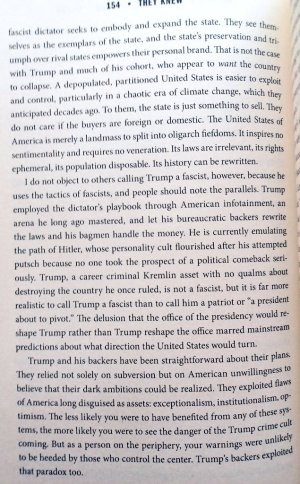Several GOP senators said on Monday that a president could obstruct justice, breaking with an argument backed by President Trump's legal team.
GOP Sen. Pat Toomey (Pa.) told reporters that it's "entirely possible" for a president to obstruct justice.
"I will tell you my own view is it is entirely possible for a president to obstruct justice. If a president committed perjury to lie to or mislead investigators, if he encouraged others [to], if he destroyed evidence," Toomey told reporters.
While the GOP senator declined to comment directly on the letter from Trump's lawyers, he added that he could think "of lots of ways a president could obstruct justice."
GOP Sen. Thom Tillis (N.C.) recommended reporters talk to an attorney about the legal argument being pushed by Trump's lawyers but added that "I don't think anybody in our system can obstruct justice."
Senators were quizzed on the issue that Trump's lawyers sent a letter to special counsel Robert Mueller in January, arguing the president could not have obstructed justice because he has constitutional authority over all federal investigations.
The letter argues that the Constitution gives Trump the broad authority to, "if he wished, terminate the inquiry, or even exercise his power to pardon."
Other GOP senators noted that the Senate previously tried to convict then-President Clinton of obstruction of justice as part of the impeachment trial.
GOP Sen. Richard Shelby (Ala.), asked if a president could obstruct justice, pointed to the 1999 vote saying "there's a precedent there obviously."
"I've always said I didn't think anybody is above or below the law," Shelby added.
Shelby still in office who voted in 1999 that Clinton was guilty of obstructing justice.
Several other now-sitting GOP senators were members of the House during the Clinton impeachment scandal.
GOP Sen. Lindsey Graham (S.C.), one of the House impeachment managers, added that obstructing justice could be an impeachable offense.
"Well you can be impeached for obstructing justice, that's what we did with Clinton. Whether or not he can be charged criminally, while he's in office? I don't know," he said.
Asked if he would advise Trump against obstructing justice, Graham quipped: "Number one, I advise everybody from president to the people operating the elevator, don't obstruct justice."
GOP Sen. John Thune (S.D.), the No. 3 Senate Republican, sidestepped when questioned if Trump could obstruct justice, telling reporters: "I'm not sure I know the answer to that. I know that's a constitutional argument they're making."
"I don't think there's any evidence of obstruction so I don't think there's any basis for that," added GOP Sen. John Cornyn (Texas), asked if obstruction was an impeachable offense.
The January letter to Mueller was authored by John Dowd, one of Trump's former lawyers, and Jay Sekulow, another one of Trump's lawyers.
Trump's personal lawyer, Rudy Giuliani, was not a part of his legal team when the letter was sent but argued over the weekend that Trump has the ability to pardon himself, while predicting he wouldn't.
GOP senators on Monday stopped short of saying Trump doesn't have the legal ability to use his presidential powers to protect himself, but warned that doing so would spark a political firestorm.
"I think he has pardon authority whether that includes him, I would probably agree with what Giuliani said it would be ... suicide," said GOP Sen. Richard Burr (N.C.), the chairman of the Senate Intelligence Committee.
Trump has increasingly lashed out at Mueller's probe into the 2016 election, including potential collusion between the Trump campaign and Moscow.
"The appointment of the Special Counsel is totally UNCONSTITUTIONAL! Despite that, we play the game because I, unlike the Democrats, have done nothing wrong!" Trump said in a tweet on Monday morning.
He would be full on dummy if he actually attempts to do that


















